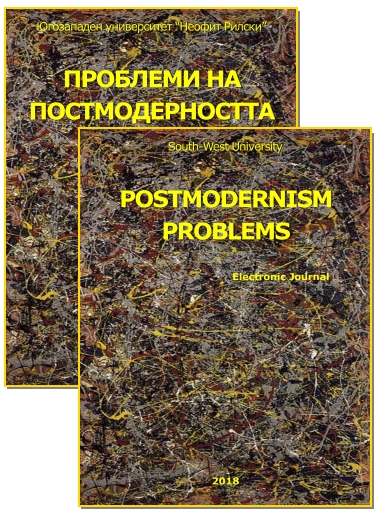Niklas Luhmann and Posthuman Modernity
Niklas Luhmann and Posthuman Modernity
Author(s): Ádám LovászSubject(s): Social Sciences, Sociology, History and theory of sociology
Published by: ЮГОЗАПАДЕН УНИВЕРСИТЕТ »НЕОФИТ РИЛСКИ«
Keywords: autopoiesis; constructivism; posthumanism; self-organization; sociology.
Summary/Abstract: In the Introduction to his magnum opus, Die Gesellschaft der Gesellschaft, Niklas Luhmann makes the following programmatic statement: „The inquiries that follow venture this transition to a radically antihumanistic, radically anti-regional, and radically constructivist concept of society.” In my essay, I seek to unpack the ramifications of this move from an anthropocentric social paradigm to one that decenters the role of human beings in society and social theory. I propose that, in line with Luhmann’s intentions, we read his theory of society as a radically posthumanist venture. Two interpretations of Luhmann’s work stand out in particular, for both have advanced readings that seek to flesh out this dimension, namely those of Hans-Georg Moeller and Cary Wolfe. Through Moeller and Wolfe’s posthumanist commentaries on Luhmann, I also attempt to highlight what exactly we should understand under the term „posthumanism” and what a posthuman social thought might look like. Following Wolfe, I define posthumanism as a mode of thinking that follows „after” the exhaustion of human-centered ways of interpreting social phenomena. Technological changes and social differentiation necessitate the rejection of models that would imagine society as a mere aggregate of human agents, or even social rules constructed and shaped by humans. Neither can we any longer interpret society as a collection of human actions or intersubjective relations. Society is more than subjectivity, and cannot be reduced to a set of relations among humans. Society is more than the sum of intersubjective spaces. Posthumanism is a coherent strategy designed to integrate nonhuman objects, materialities, relations and systems into social theory. As a matter of fact, Luhmann actually places humans („psychic systems”) within the environment, hence ejecting them altogether from society! The radical nature of his sociology lies in his reconceptualization of modern society as an assemblage of functional systems that have grown independent of human intentions.
Journal: Проблеми на постмодерността
- Issue Year: 8/2018
- Issue No: 1
- Page Range: 1-17
- Page Count: 17
- Language: English

